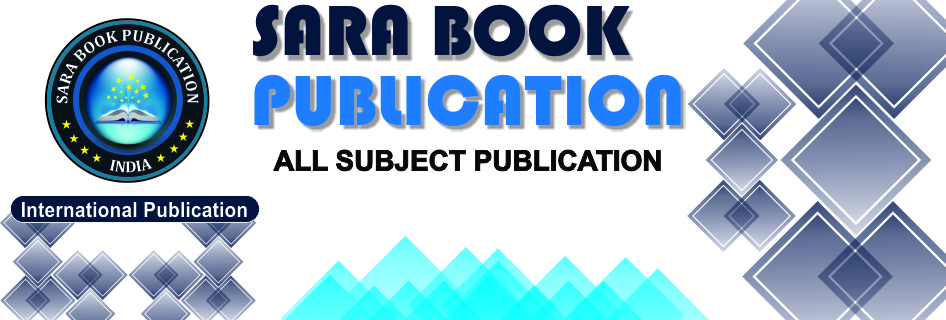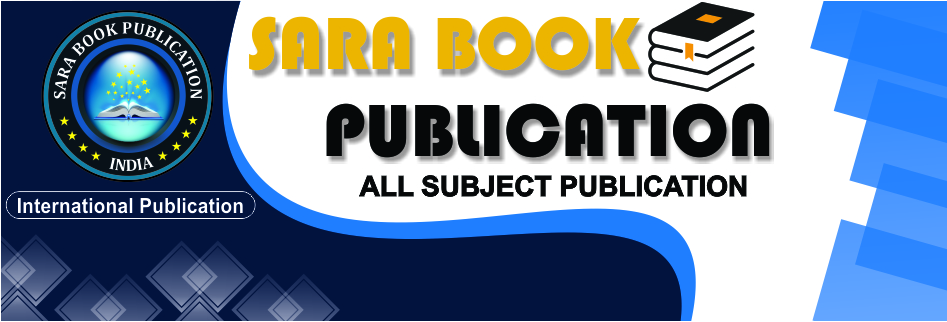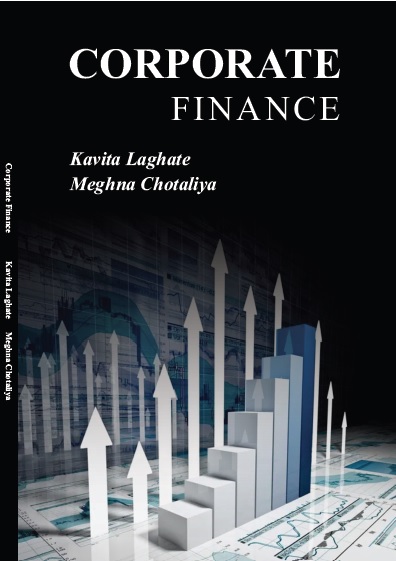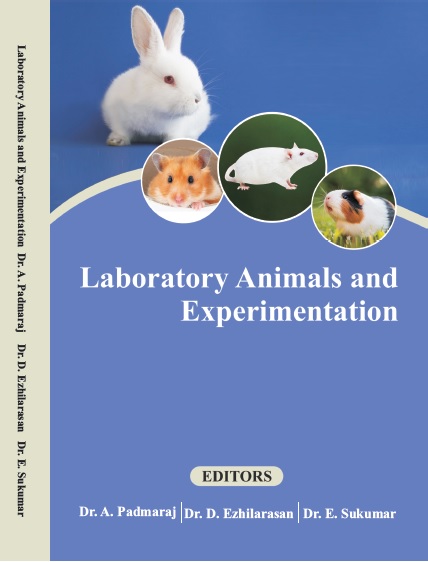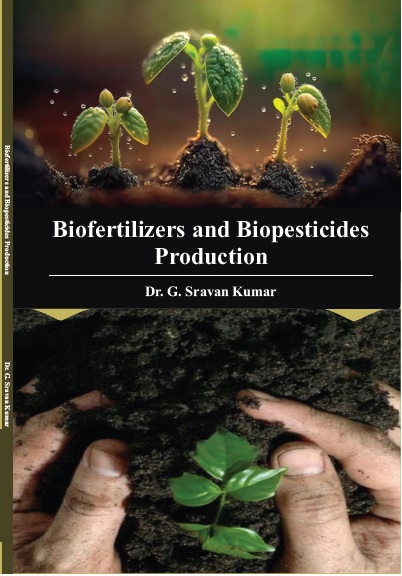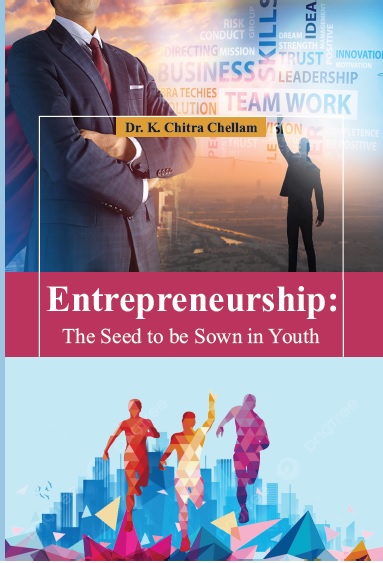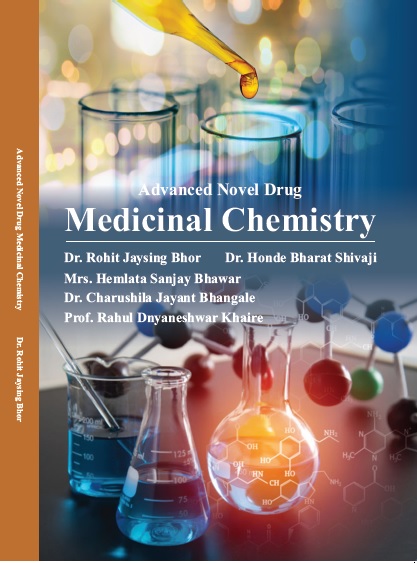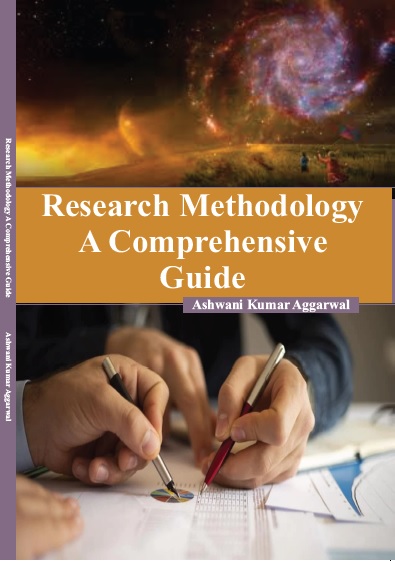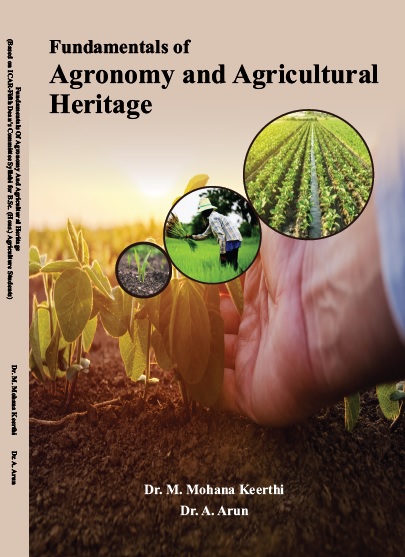SOCIAL SCIENCE AND HUMANITIES
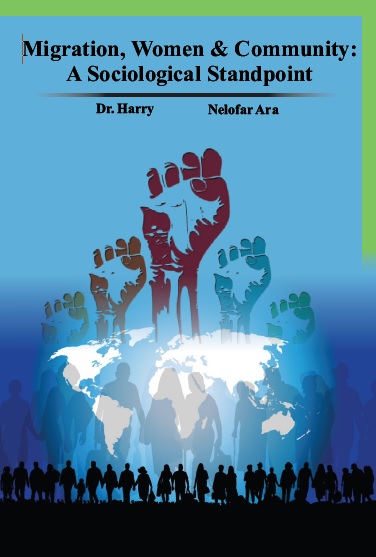
Migration, Women & Community: A Sociological Standpoint
by Dr. Harry
ISBN Number : 978 - 93 - 91478 - 71 - 1
Authors Details
| Author Name | Image | About Author |
|---|---|---|
| Dr. Harry |  |
Dr. Harry is a doctorate of senior research scholar and enrolled her
working the department of Sociology, Lovely Professional
University, Punjab. She earned her graduation's degree in Sociology
from Guru Nanak Dev University, Amritsar as well as Master Degree
with rst rank from Lovely Professional University, Punjab along
with Doctorate degree in Sociology from Lovely Professional
University, Punjab. She is working on the title migration under
transition, caste, women, rural development and ethnographic
studies in Punjab. She has presented several articles, research papers
as well as has attended workshops, national and many international level conferences such as
in Turkey and Philippines. She has also published several papers in internationally Scopus
journal as well as book chapters. Her multitasking prole is currently engaged in Post
Graduate diploma on Human Rights in Indian Institution of Human Rights, New Delhi.
Fiercely interested in projects related to societal transformation and Diaspora studies, she is
also publishing her works through academic portals. |
| Nelofar Ara | 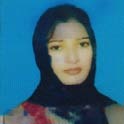 |
Nelofar Ara is a Doctorial Research Scholar in the Department of
Sociology Lovely Professional University, Punjab, India. Nelofar
Ara completed her Masters degree in Sociology and in Philosophy
from Indra Gandi National Open University New-Delhi India. She
has also completed her B.Ed course from Shak-ul-Aalam B.Ed
Collage Drugmullah Kupwara Kashmir, diploma in Computer
Applications from Indian Training Institute Galizoo-Kupwara
Kashmir and diploma in Journalism and Mass Communication from
Molana Azad University Hyderaabad. Nelofar Ara has worked as a
Software Operator at Elite Hr. Secondary-Educational Institute Kupwara Kashmir. She has
presented several papers as well as attended many other conferences and workshops at
national as well as international levels such as, in Turkey and Philippines. She has also
published several papers as well as book chapters. Nelofar Ara has also done two digital
surveys by using 'Survey-Monkey Software' during Covid-19 Pandemic Lockdown based on
the issues that the girl students as well as female teachers from Kashmir Valley were facing in
continuing online system of education. Her areas of research interest are gender (gender
discrimination, gender violence), media, Islamophobia and marginalization, women's rights,
political unrest, victims of violence, mental health issues among women, feminism,
domestic violence, empowerment of women, rural women'. |
Book Description
The present volume consists of nine chapters, which could be divided into numerous parts on the basis of their thematic orientations. The aspects deal with sociological of class, community, and women. Women and community aspects are covered from different dimensions of the migration and relate with community-based also, either it takes empirical cognizance of the Indian living in different parts of the world. The concept of empowerment of women is lacking among different communities, because rural people are usually socially, economically, and politically underdeveloped. They are only culturally stabilized and focused on the status of women in the Jammu and Kashmir Union Territory of India, particularly. Women in Jammu and Kashmir are secluded behind the four walls of the home and survive without the important necessities of life such as proper food for sustenance, shelter, water, health, and educational facilities. The main reasons behind the absence of empowerment among women in Jammu and Kashmir are lack of awareness of all kinds and especially regarding the schemes inaugurated for them by central and state governments, lack of control over economic resources, and their itinerant lifestyle. Further, the major aspect to cover in this volume is mainly focused analysis of the three regions; Punjabis, Kashmir, and Haryanvi. To briey introduce various contributions in this volume, both of we editors of this book are grateful to all other colleagues in our book, Shiwani Kumari, and Doctorate Research Scholar department of Political Indu Krothwal for their positive help and hold-up. We should also acknowledge the support of Dr. Sukanya Das, 'Assistant Professordepartment of sociology at Lovely Professional University, Punjab', for her support and pushing positivity.



